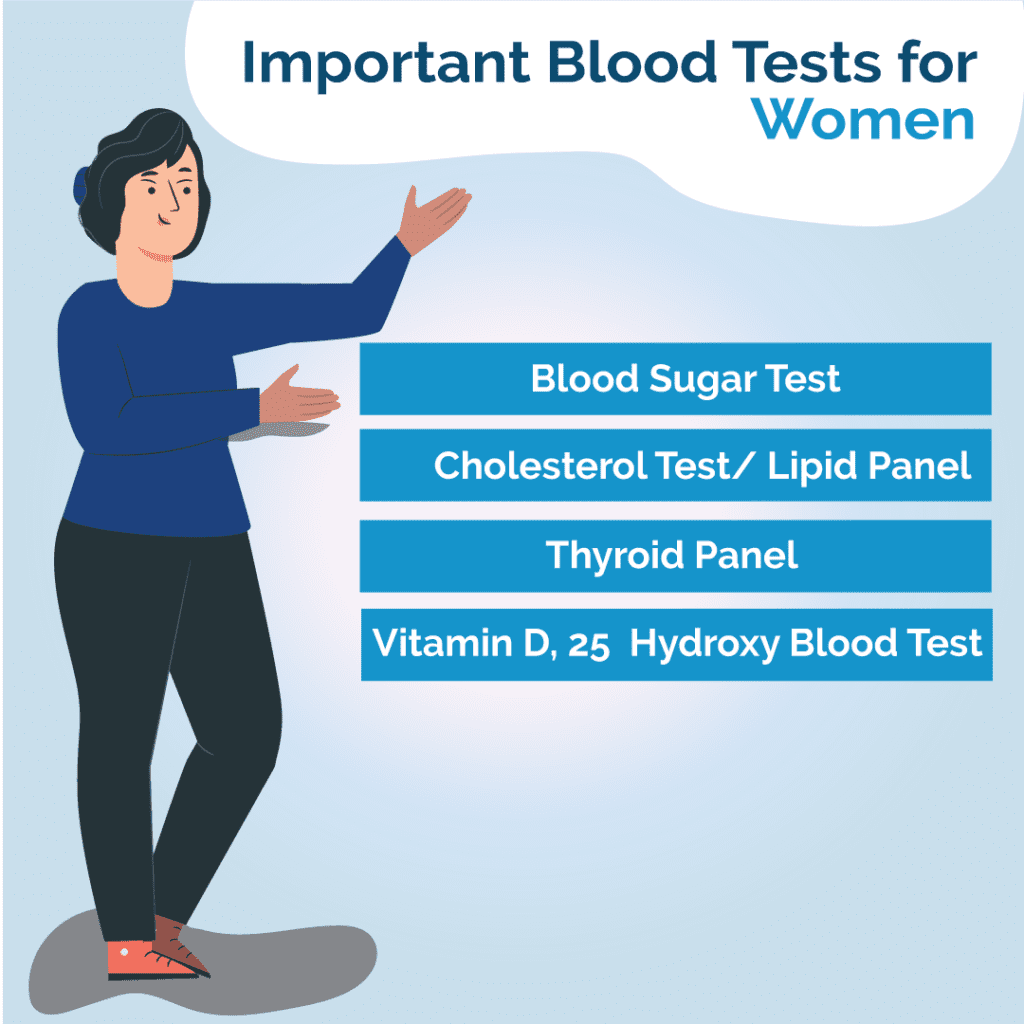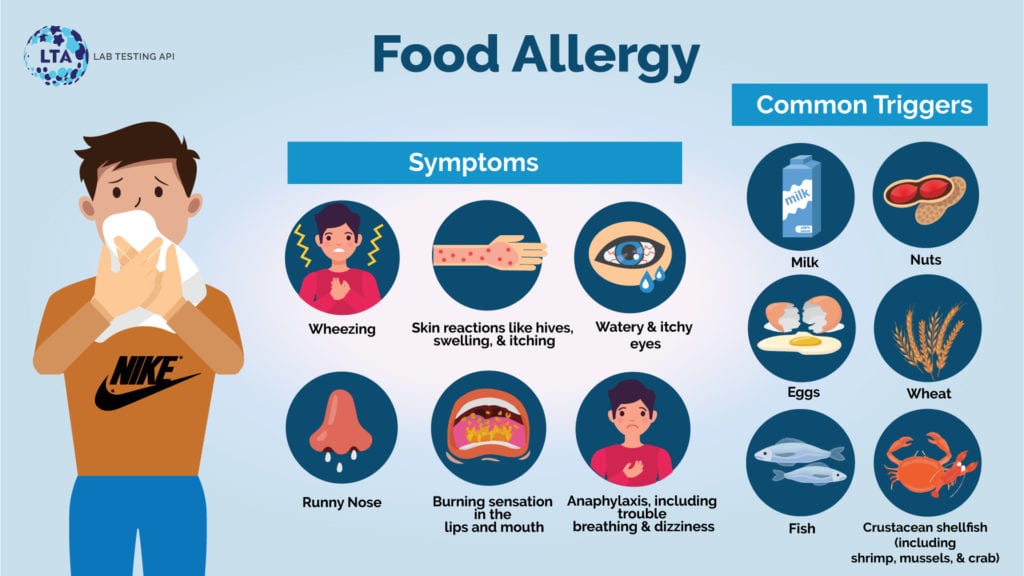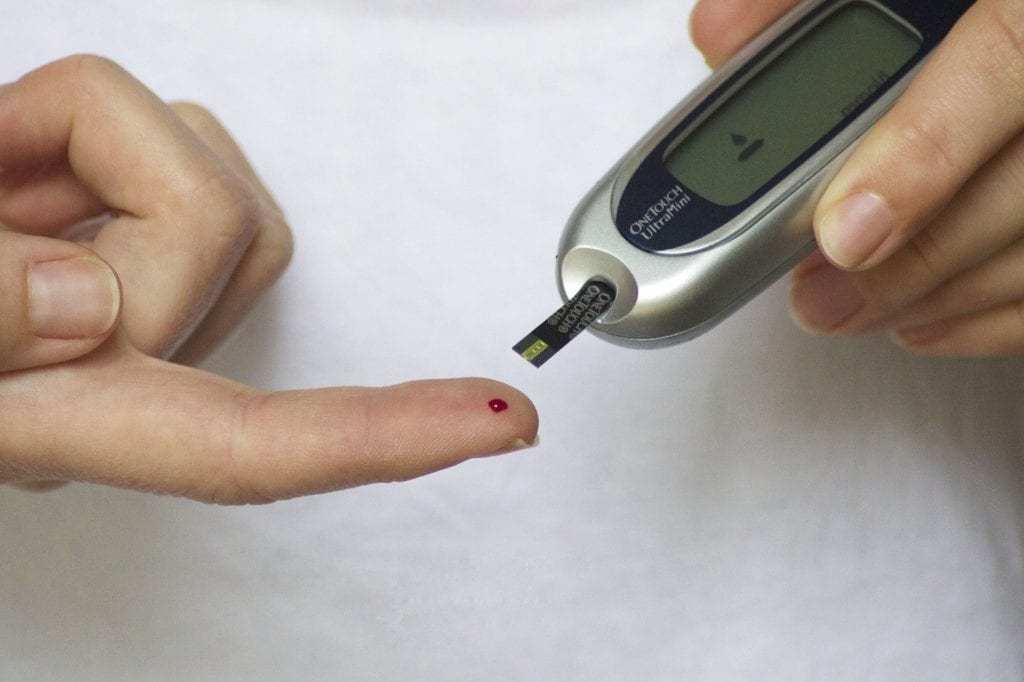
Welcome to Lab Testing API (LTA)! We understand how important it is to plan for a family and the challenges of getting pregnant. Eating clean, toxin-free food is crucial for our cells and DNA, helping our health and fertility. Omega-3 fatty acids from fatty fish reduce inflammation and support pregnancy. Healthy fats like coconut oil and avocados are essential for hormone production. Vitamin E-rich foods aid hormone function, and vitamin C boosts ovulation and sperm count. Folate is crucial for cell growth and preventing birth defects. Take care of yourself through real, whole foods, exercise, sleep, and stress management for a healthy pregnancy. Visit our website for lab tests and personalized guidance on your fertility journey. Wishing you health and happiness!

Discover simple tips to improve your heart health and achieve better cardiovascular well-being. Learn easy ways to keep your heart healthy through exercise, a nutritious diet, maintaining a healthy weight, and quitting smoking. Take control of your cardiovascular health for a brighter future.

As women excel in the corporate world, maintaining good health is vital. Regular blood tests, including glucose, cholesterol, thyroid, and vitamin D, help monitor well-being. Lab Testing API offers easy access to these tests, empowering women to prioritize preventive care.

Type 2 diabetes can be managed with weight loss achieved through a healthy diet and exercise. Consult with your healthcare provider to set realistic goals and ensure your plan is safe and effective. Focus on healthy eating by avoiding sugary and unhealthy foods and opting for nutrient-dense ones. Incorporate regular physical activity, monitor your blood sugar levels, and stay motivated. Lab Testing API offers tests to monitor your diabetes and make informed decisions about your health. Achieve your weight loss goals safely and effectively to manage type 2 diabetes and reduce the risk of complications.

Discover the benefits of nutritional diets and popular options like Mediterranean, Vegetarian, Ketogenic, Paleo, DASH, Vegan, and Gluten-free diets. Learn how to choose the right diet for your health goals and lifestyle, and optimize your nutrition with Lab Testing API.

Stress and heart health are more linked than we thought. A new study reveals chronic stress can lead to heart disease. Take control of your heart health with these tips from the American Heart Association: Maintain a daily routine, get enough sleep, eat right, connect with others, cry if needed, limit news exposure, set achievable goals, and find healthy ways to unwind. Protect your heart health with a heart health screening from Lab Testing API

General wellness tests and screenings are a preventative method of managing health risks and improving overall health. This article discusses the five simple general wellness blood tests that are normally suggested during your visit to a healthcare practitioner. Other tests may also be recommended by your doctor based on your personal health profile (PHP).

A food allergy is a condition whereby someone’s immune system shows an overblown response to a normally harmless type of food. The most classic example includes difficulty in breathing and a sudden drop in blood pressure due to exposure to peanuts or seafood. In some severe cases, exposure to an allergen can result in a life-threatening reaction called anaphylaxis.

When it comes to the symptoms of PCOS and its association with fertility and weight gain, a large amount of misinformation is available online, which leads to misconceptions. This article is aimed to debunk the common myths about PCOS.

Diabetes mellitus (commonly called Diabetes) is a common metabolic disease. People become diabetic when the glucose (sugar) level in their blood increases. In the condition of diabetes, your body either doesn’t produce enough insulin (insulin deficient) or can’t effectively utilize the insulin made in the pancreas (insulin resistant). Our latest blog post is dedicated to discussing diabetes and its types; the health issues associated with it and various tests available to diagnose the same.